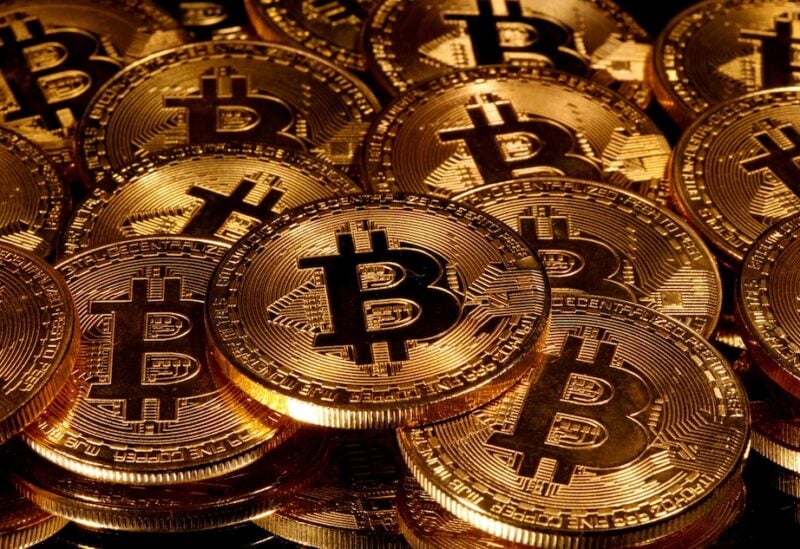
Bitcoin
A single bitcoin transaction can generate the same amount of electronic waste as binning two iPhones, a new analysis revealed.
Economists from the Dutch central bank and the Massachusetts Institute of Technology (MIT) conducted an analysis into the matter, finding that while the carbon footprint of bitcoin was well studied, the vast churn of hardware that cryptocurrency incentivizes is not as widely understood.
Specialized computer chips, better known as Application-specific integrated circuits (ASICs), are sold for the sole purpose of running the necessary algorithms needed to secure the bitcoin network. This process is referred to as mining, which sometimes leads to monetary rewards for those who partake in bitcoin payouts.
The problem with this is that only the newest chips use power efficiently when mining, so effective miners tend to constantly replace their chips with newer ones that are more powerful, online news media the Guardian explained in a report published on Friday.
“The lifespan of bitcoin mining devices remains limited to just 1.29 years,” the report’s researchers Alex de Cries and Christin Stoll, in their paper: Bitcoin’s growing e-waste problem.
The study, which was published in the journal Resources, Conservation and Recycling, estimated that the “whole bitcoin network currently cycles through 30.7 metric kilotons of equipment per year
“This number is comparable to the amount of small IT and telecommunication equipment waste produced by a country like the Netherlands,” the economists wrote.
The bitcoin network processed 112.5 million transactions in 2020, according to the economists who added that each transaction was equivalent to “at least 272g of e-waste,” the weight of two iPhone 12 minis.
“Nonetheless, there are several factors that generally prevent substantial extension of the lifetime of mining devices,” they wrote.
Storing mining hardware can be costly, and the longer they are stored for, the less likely they will ever become profitable again. Theoretically however, it is possible for these ASICs to regain the ability to operate profitably at a later point in time if bitcoin price experienced a sudden increase, the authors noted.
The economists warned that the e-waste problem will grow further as the price of bitcoin continues to rise as it will elicit an incentive for people to continue to invest and in turn replace ASIC hardware.
To reduce the e-waste problem, the community will need to find an alternative to replace the entire bitcoin mining process “with a more sustainable alternative,” the report concluded.